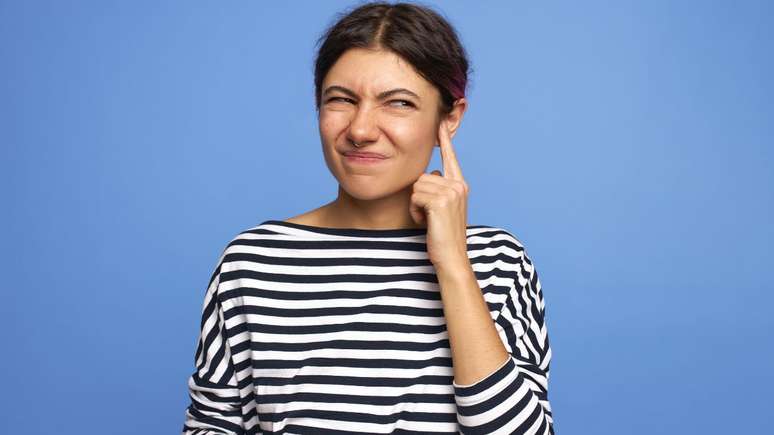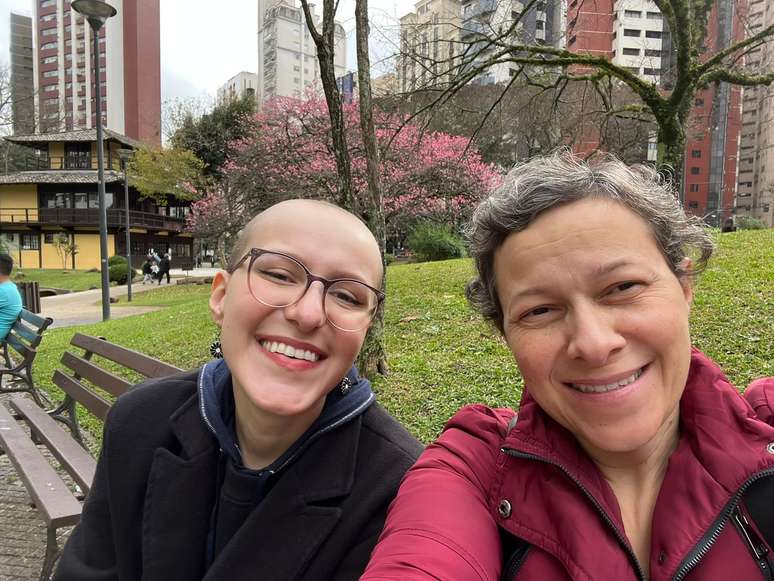In Brazil more than 5 million people suffer from some degree of deafness; the doctor explains how to avoid this anomaly
According to the World Health Organization (WHO), approximately 800 million people worldwide suffer from some degree of hearing loss. Even in Brazil this reality is alarming. The Brazilian Society of Otology (SBO) estimates that out of every thousand children born, three to five already suffer from hearing loss and approximately 5.8 million Brazilians live with deafness.
Classified in different ways, deafness can be congenital or acquired. Furthermore, it can affect individuals of all ages. The impacts of this deficiency have resulted in significant communication challenges. It can affect not only health and quality of life, but also academic development and work relationships.
Audiologist Ariane Gonçalves, from the AudioFisa clinic, highlights the importance of understanding deafness as an aspect of human diversity. “Deafness is not just a disability, but a different way of living and communicating. It is essential that people are more open and willing to include deaf people, guaranteeing them access to education, health and job opportunities” , he states.
Ariane also emphasizes that raising awareness about deafness should start from an early age. “It is essential that schools and families are informed about the needs of deaf children, guaranteeing them an inclusive and welcoming environment,” he explains.
How to prevent deafness?
According to the expert there are some recommendations that can prevent this anomaly. “Many causes of hearing loss can be prevented, especially in children, with measures such as immunization against rubella and meningitis and early treatment of ear infections, such as otitis media. In adults, control of noise, safe use of audio devices and monitoring of medications that can damage hearing are essential,” says Ariane.
It also highlights the importance of screening and early diagnosis to ensure more effective interventions. “Early identification of hearing loss allows for more effective treatment and, in most cases, auditory rehabilitation, with the use of hearing aids or implants,” warns Ariane.
The recommendation that the specialist makes concerns empathy in diagnosis and coexistence in society. “Therefore, as we celebrate the date, we reflect on importance, inclusion and respect. It is essential to bring people with this condition together in social environments, to ensure that they are respected and listened to. Furthermore, with effective public policies, it is possible build a more inclusive and accessible future for all”, he concludes.
Source: Terra
Ben Stock is a lifestyle journalist and author at Gossipify. He writes about topics such as health, wellness, travel, food and home decor. He provides practical advice and inspiration to improve well-being, keeps readers up to date with latest lifestyle news and trends, known for his engaging writing style, in-depth analysis and unique perspectives.







![Un Si Grand Soleil Preview: Episode Summary for Monday, October 20, 2025 [SPOILERS] Un Si Grand Soleil Preview: Episode Summary for Monday, October 20, 2025 [SPOILERS]](https://fr.web.img4.acsta.net/img/24/61/24614f00035a1444d216245e9a9c963f.jpg)
